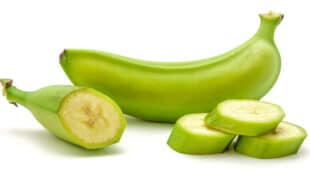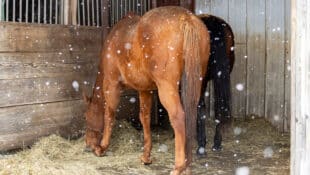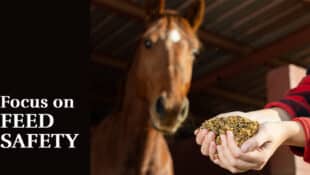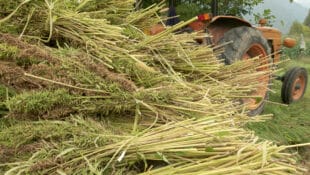Green bananas contain fibre, vitamins, minerals, antioxidants, and compounds that support digestive function and overall equine health.
As winter approaches, turnout time and exercise decreases for many horses, which increases the incidence of this type of colic.
How to avoid dangerous contamination in your horse's feed, and understand toxin binders, monensin, and mycotoxins.
From bedding to oil and even forage, this versatile plant has many uses – although it can be problematic for competition horses.
Understanding both the quantity and type of calories in your horse’s diet is key to maintaining optimal body condition.
When was the last time you read feed labels, had your hay tested, or switched forages abruptly? Some horse nutrition pitfalls to consider.
Underweight and overweight conditions affect horses' health and quality of life; World Horse Welfare has the online resources to help horse owners.
As our horses live longer lives, their nutritional management can be challenging if they have compromised dentition.
This forage plant is an excellent high-quality protein source for many types of horses ‒ but there are some that should not be consuming it.
The hindgut of the horse is a delicate, symbiotic ecosystem; here is some advice to keep it functioning optimally.










